How Vietnam can take advantage of ASEAN investment prospects
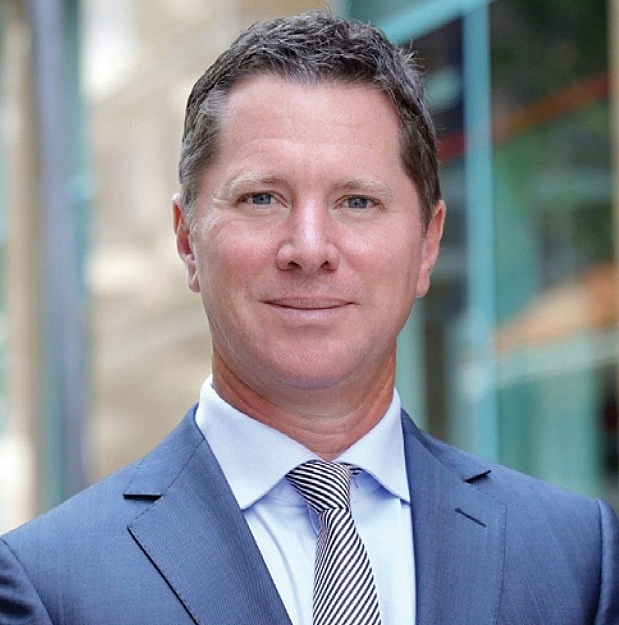 |
| Tim Evans, CEO HSBC Vietnam |
The world is shifting at an unprecedented pace, and it is important to read and interpret the underlying changes that are reshaping the global and regional economies. Heightened geopolitical conflicts, rising protectionism, and pronounced climate change risks indicate that whilst the previous era was governed by globalisation, the world is now becoming more multipolar. Asia, though it has benefited in becoming a global trade hub over the past few decades, is now facing new challenges that will need to be navigated.
HSBC believes that supply chains will continue to evolve and shift. One theme that will be more prevalent is a move by many economies to de-risk their trade with China. This is even though close to 70 countries globally regard China as their top source of imported goods. ASEAN is benefiting from this diversification trend and Vietnam is a key player in this space.
Western businesses are also looking to reduce reliance on China by diversifying sourcing to other Asian markets such as Vietnam and India. The region is now attracting more foreign direct investment (FDI) than China, most notably in the manufacturing sector. China is also building out supply chains in neighbouring countries such as Vietnam, which is a trend that HSBC is supporting given our strong presence across both markets.
According to a recent American Chamber of Commerce survey in China, 60 per cent of US companies are increasingly concerned about bilateral tensions and more than 40 per cent have responded that they are looking to invest more in their supply chain resilience. Over half have also responded that Southeast Asia remains their top destination for redirecting investment from China.
A European Chamber of Commerce survey also indicates that European companies operating in China are continuing to review their supply chain strategies, with ASEAN being selected as the top destination for this shift in investments.
The government’s strategy to draw in additional FDI into Vietnam should start with understanding the competitive landscape between Vietnam and the rest of ASEAN and also looking at other markets such as India/Mexico. Singapore and Malaysia are leading the semiconductor ecosystem, with Singapore as the wafer fabrication and front-end equipment hub and Malaysia as the packaging and back-end testing hub.
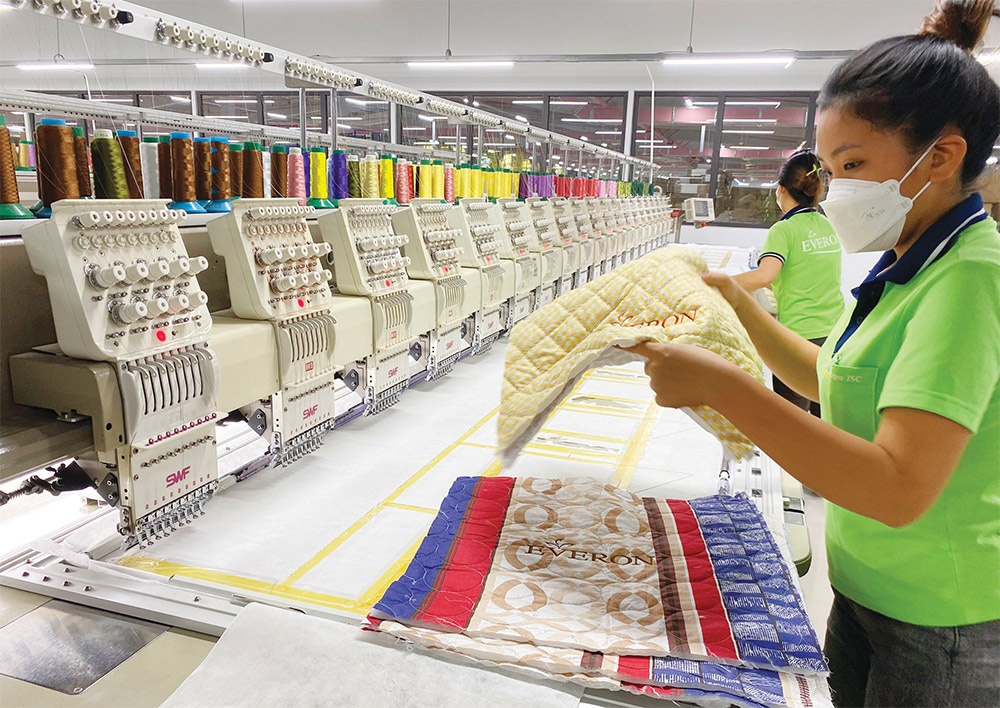 |
| High-tech production in Vietnam to benefit from a new draft decree, photo Le Toan |
Thailand has become the established auto supply chain and power supplier for electric vehicles (EVs). Indonesia is targeting the electric vehicle ecosystem with its abundance of nickel and a large domestic car market.
Vietnam is slowly venturing into both EVs and semiconductors as it aims to focus on more high-value-added goods but continues to perform well in enticing large electronics manufacturers into the market off the back of competitive pricing, stable and consistent government support, the large number of free trade agreements in place and the work ethic of the Vietnamese.
The next step is to identify the biggest ‘pain points’ as perceived from a foreign investors’ perspective and set a comprehensive and implementable action plan in place to address these.
Firstly, it is the quality and accessibility of labour and the ongoing need to improve their productivity as Vietnam moves up the quality curve. Vietnam still ranks behind other major ASEAN markets in terms of labour productivity, with output per hour worked being relatively low at 9.7 compared to a range of 10~26 for other ASEAN nations.
Secondly, Vietnam’s logistics performance index also lags China, Malaysia, and Thailand with gaps shown in logistics capacity, delivery time, and traceability. Logistics infrastructure currently falls short of meeting the expected international standards and road transport commands a 74 per cent share of overall transport means that while demand is skewed towards sea transport and port space that supports the export story from Vietnam.
Finally, regulatory navigation continues to be a critical consideration for investors looking to invest in Vietnam. According to the latest HSBC Global Connections survey, regulatory developments are among the top two challenges for foreign firms operating in Vietnam, with which 30 per cent of surveyed companies point to the challenge of adapting to fast-changing regulations and policies within the market. A more consistent and easier to comprehend regulatory framework would be a positive step in attracting new parties to invest in the market.
HSBC will continue to work with key ministries and customers on assisting Vietnam’s transition to net-zero, which is becoming a more important selling point to foreign investors as they select markets to invest in.
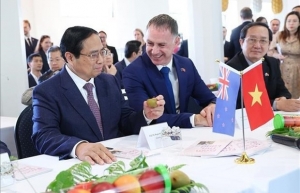 | PM expects breakthrough in agricultural cooperation with New Zealand Prime Minister Pham Minh Chinh visited the Plan and Food Research Centre (PFR) in Auckland on March 10 as part of his official visit to New Zealand. |
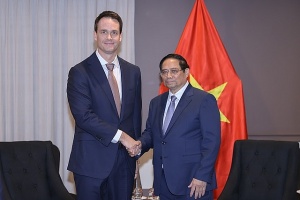 | Australia's largest rice producer eyes expansion in Vietnam Australia's largest rice distributor and producer SunRice, which accounts for over 90 per cent of the Australian rice market, plans to expand its footprint in Vietnam. |
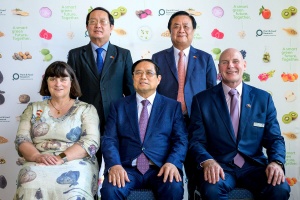 | New Zealand announces investment in Vietnam’s horticulture sector A five-year New Zealand government-funded project to help Vietnam build a more lucrative passion-fruit export industry was formally launched by the prime ministers of Vietnam and New Zealand in Wellington on March 11. |
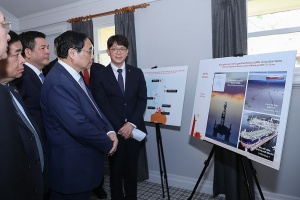 | SK Group proposes new energy production and storage model in Vietnam SK Group, one of the largest South Korean conglomerates, is keen on applying a new model for hydrogen production and carbon storage in Vietnam. |
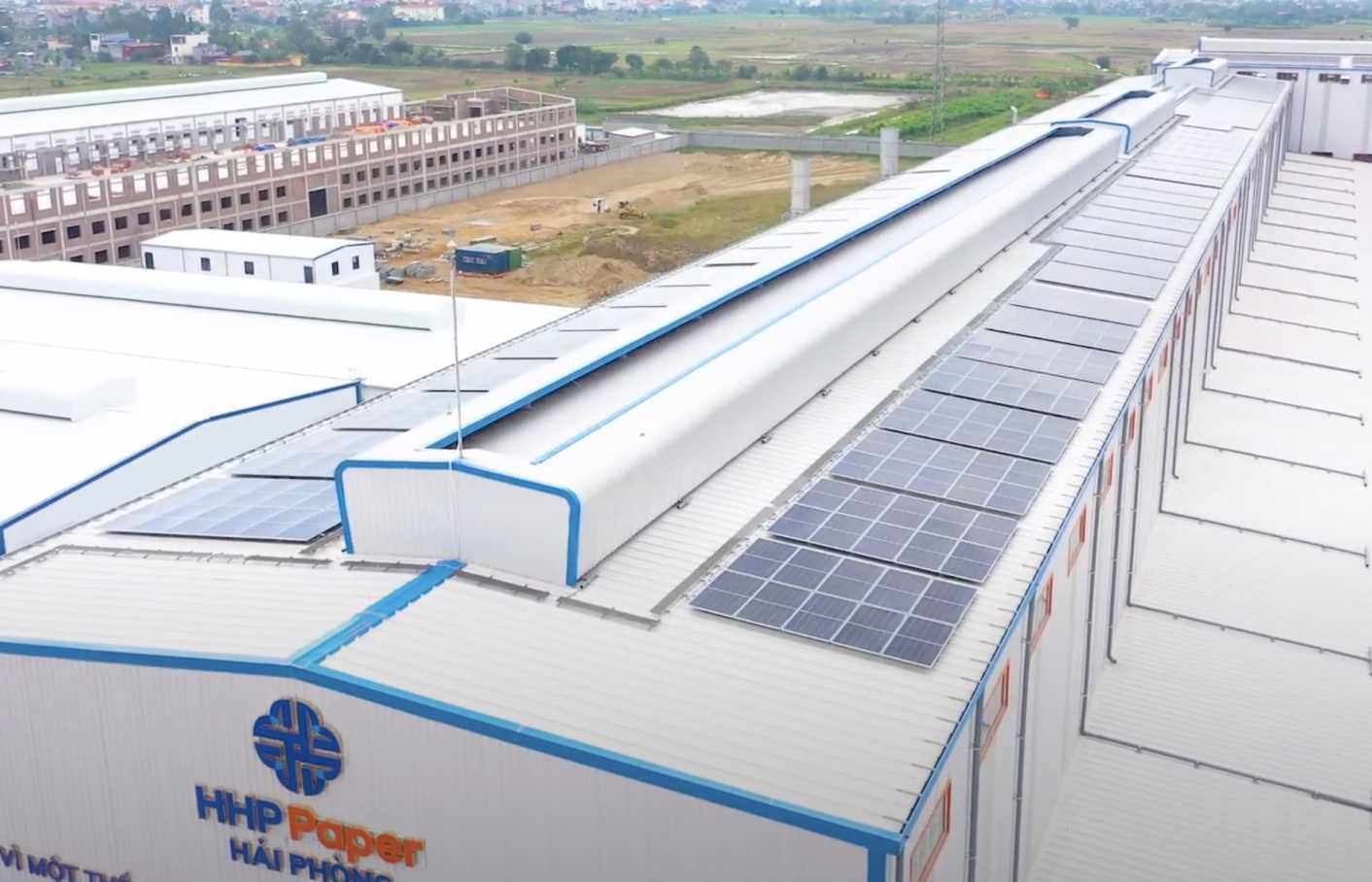 | Vietnam ESG Initiative 2024: seizing green transformation opportunities Following the success of the 2023 Vietnam Environmental, Social, and Governance (ESG) Initiative, the Agency for Enterprise Development under the Ministry of Planning and Investment and the United States Agency for International Development (USAID) are co-hosting the 2024 Vietnam ESG Initiative. |
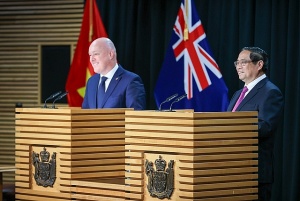 | New Zealand and Vietnam to advance cooperation Prime Minister Pham Minh Chinh’s visit to New Zealand will see both countries advance cooperation across a range of fronts, including economics, trade, education, and agriculture. |
What the stars mean:
★ Poor ★ ★ Promising ★★★ Good ★★★★ Very good ★★★★★ Exceptional
Related Contents
Latest News
More News
- MAE names big 10 policy wins in 2025 (February 06, 2026 | 08:00)
- US firms deepen energy engagement with Vietnam (February 05, 2026 | 17:23)
- Vietnam records solid FDI performance in January (February 05, 2026 | 17:11)
- Site clearance work launched for Dung Quat refinery upgrade (February 04, 2026 | 18:06)
- Masan High-Tech Materials reports profit: a view from Nui Phao mine (February 04, 2026 | 16:13)
- Hermes joins Long Thanh cargo terminal development (February 04, 2026 | 15:59)
- SCG enhances production and distribution in Vietnam (February 04, 2026 | 08:00)
- UNIVACCO strengthens Asia expansion with Vietnam facility (February 03, 2026 | 08:00)
- Cai Mep Ha Port project wins approval with $1.95bn investment (February 02, 2026 | 16:17)
- Repositioning Vietnam in Asia’s manufacturing race (February 02, 2026 | 16:00)

 Tag:
Tag:
















 Mobile Version
Mobile Version